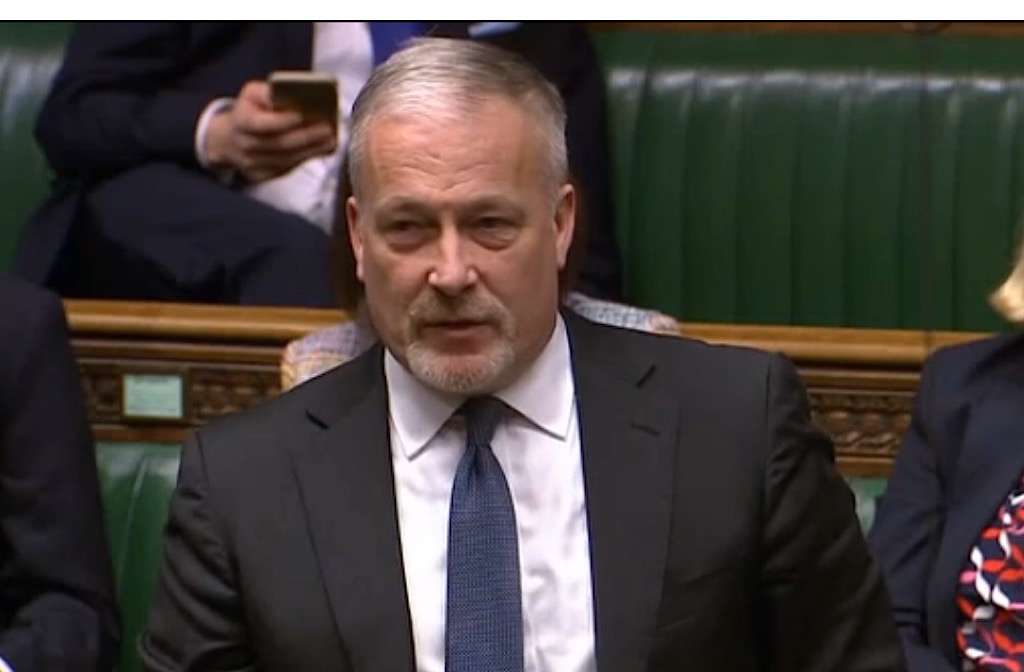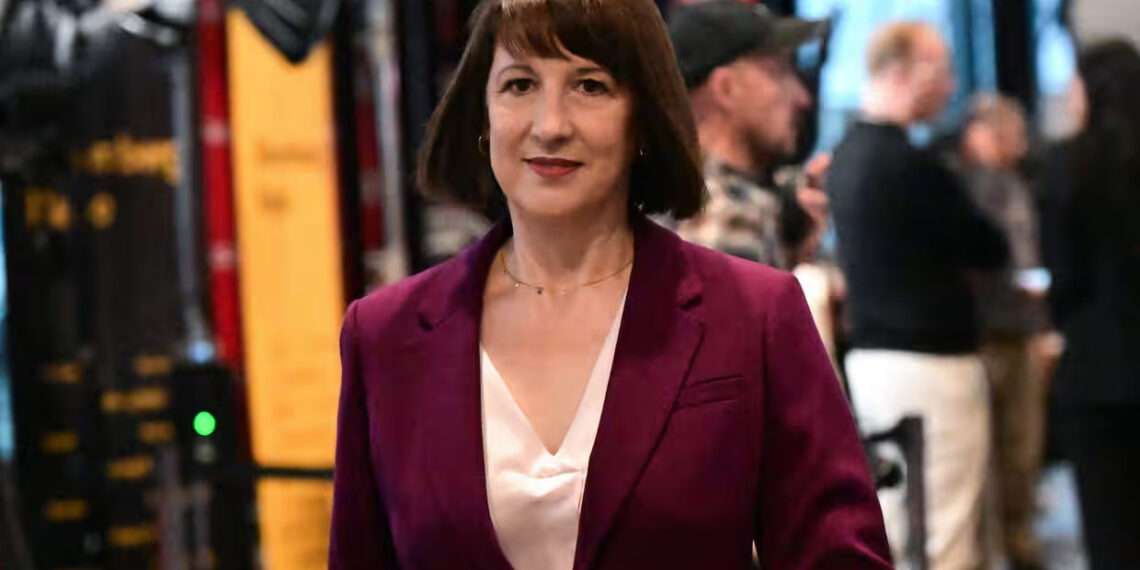Chancellor Rachel Reeves has initiated a comprehensive government spending review, enlisting private sector experts, including high-ranking bankers, to scrutinize Whitehall’s expenditures.
Reeves declared her commitment to wielding an “iron fist against waste” as she instructed all government departments to cut 5% from their budgets over the next three years.
The review, which will analyze spending line by line, marks a pivotal moment for Labour as it aims to demonstrate fiscal discipline and public service reform without imposing further significant tax increases.
Reeves emphasized that “millions of pounds of taxpayers’ money” had been wasted under the previous administration and vowed to halt inefficiencies.
“By reforming our public services, we will ensure they are up to scratch for modern-day demands. We will inspect every pound of government spend so that it goes to the right places and we put an end to all waste.”
Rachel Reeves
The Treasury has assembled panels of private sector experts to oversee the review. These panels may include former executives like Richard Pennycook, previously of the Co-operative Group; Karina McTeague, formerly of Lloyds and Visa; and Brian Gilvary, a senior independent director at Barclays.
While proponents argue that leveraging private sector expertise could lead to innovative cost-cutting measures, critics have raised concerns about accountability. The memory of the financial crisis, during which taxpayers bailed out parts of the banking sector, looms large over the move.
Richard Fuller, Shadow Chief Secretary to the Treasury, criticized Reeves, saying: “Rachel Reeves’s record so far has been to dole out inflation-busting pay rises to Labour’s union paymasters while mandating nothing in return, and making no reforms to public sector productivity or welfare spending.”

Balancing Fiscal Discipline and Public Services
The Treasury’s approach takes a “zero-based” stance, requiring departments to justify their budgets in alignment with Prime Minister Keir Starmer’s “plan for change”.
The spending review aims to align departmental expenditures with Starmer’s broader vision for governance reform and service efficiency.
In a recent speech, Reeves outlined her spending “envelope”, setting day-to-day spending to grow by 1.5% annually in real terms, with total departmental spending, including capital expenditure, rising by 1.7%.
The Institute for Fiscal Studies (IFS) has described this as a tight financial framework, with outgoing director Paul Johnson estimating a need for an additional £9bn in tax revenue to avoid austerity measures.
The review follows Reeves’s October budget, which included £40bn in tax hikes largely aimed at bolstering public services like the NHS and schools. A significant contributor to this revenue was a £25bn increase in employer national insurance contributions, which has faced backlash from business leaders.
Treasury officials have already flagged projects that could face the axe, including the £6.5m Social Workers in Schools program, which was deemed not cost-effective.
Reeves has not yet announced a date for the spending review’s conclusion, though it is expected in the first half of the next year.
Labour’s strategy is focused on delivering measurable improvements in public services before the next general election. Reeves’s emphasis on efficiency aims to convince voters of the government’s ability to maintain fiscal discipline while avoiding a return to austerity.
Cabinet Office Minister Pat McFadden framed the approach as modern and innovative, suggesting the government should function “more like a startup” to enhance efficiency.
Reeves faces significant political and practical challenges in balancing public service demands, accountability, and economic growth. As the review progresses, its outcomes will be closely watched as an indicator of Labour’s ability to meet its promises without compromising the public good.
READ ALSO: Syria’s Transition Period Challenged





















